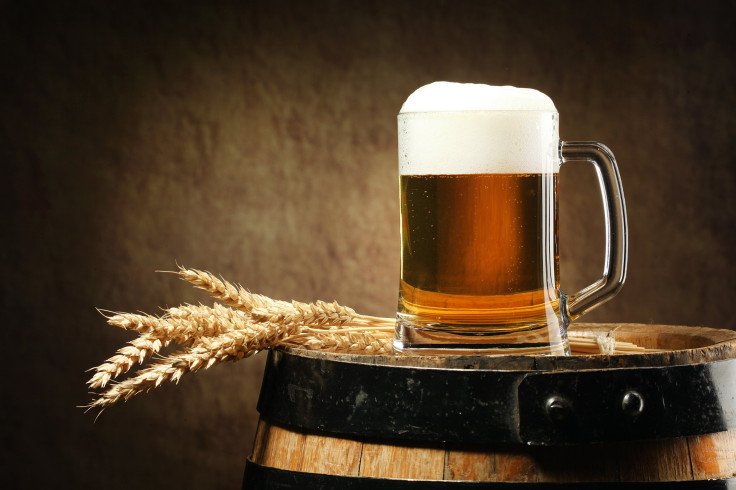Beer As Good As Therapy? German Health Official Says Drink Can Effectively Treat Psychological Problems, Sparks Controversy

Josef Hecken, chairman of the Federal Joint Committee (GBA), Germany’s highest decision-making body of the self-government of doctors, dentists and health insurance funds, made a media splash this week after commenting on beer’s ability to take care of minor psychiatric problems.
Hecken, whose comment was probably taken out of context by the media, said that not “every second” person needed psychotherapy, and that a beer could do the job just fine. He later said he was aware that his comment, dropped during a GBA meeting, could be easily “misunderstood.”
“Generally GBA meetings are dry, specialist affairs,” Germany's The Local writes, “where representatives from doctors’ associations, statutory health insurers and hospitals discuss what treatments are effective for patients and value for money.” Hecken made the comment in the midst of a debate over whether more psychotherapists should be included in a statutory healthcare provision.
Hecken later said that his comment was “unfortunate” and that he did not intend to make light of psychiatric illness, or “to describe the use of alcohol as an effective alternative to psychotherapeutic treatment.” He added that “personally I do not see every disorder such as for example having occasional problems getting to sleep, as [a] pathological condition in need of immediate treatment – rather I think that sometimes the old home cure of a bottle of warm beer can help.”
German psychiatrists have been angered by his comments, saying Hecken is making light of psychiatric illnesses and stigmatizing people who do have severe mental issues. The controversial statement sparked a “protest letter” that has been circulating among psychotherapists.
In a statement, Hecken emphasized that he was not trying to list alcohol as an alternative to psychotherapy. “I … know and am aware, that there are significant interdependencies between alcohol consumption and psychological diseases, which are documented in studies,” he said. “That is why the last thing I want to do is to trivialize psychological diseases or to even describe alcohol consumption as an appropriate alternative for psychotherapeutic treatment.”



























